Compulsive overeating is a dependency that is difficult to get rid of. It is important not to think about food, eat right and play sports.
Contents
- Signs of compulsive overeating
- Medication for compulsive overeating
- Psychotherapy for compulsive overeating
- How to treat compulsive overeating yourself?
- Diet with compulsive overeating. Can I diet on an eating disorder?
- What is neurogenic bulimia?
- Consequences of neurogenic bulimia
- Bulimia can lead to anorexia?
- How to eat with bulimia? Intuitive nutrition and bulimia
- How to treat compulsive overeating: tips and reviews
- Video: Bulimia and compulsive overeating. What to do?
Almost everyone can overeat from time to time. A large portion at a festive table or a few sweets and cookies with tea during a night movie. All this is not critical for the body, but if overeating becomes regular and this turns into an uncontrolled habit - this is dangerous to health. The immense consumption of food in large amounts is called compulsive overeating.
Signs of compulsive overeating

Compulsive overeating differs from bulimia in that a person gets upset after overeating and feels guilty. With bulimia, people induce vomiting after eating or take a laxative.
Compulsive overeating causes a feeling of disgust after eating. A man starts to reproach himself for being too full and unable to restrain himself. Depression comes and a bad mood arises. I want to eliminate the lack of self-control, but this can not be done.
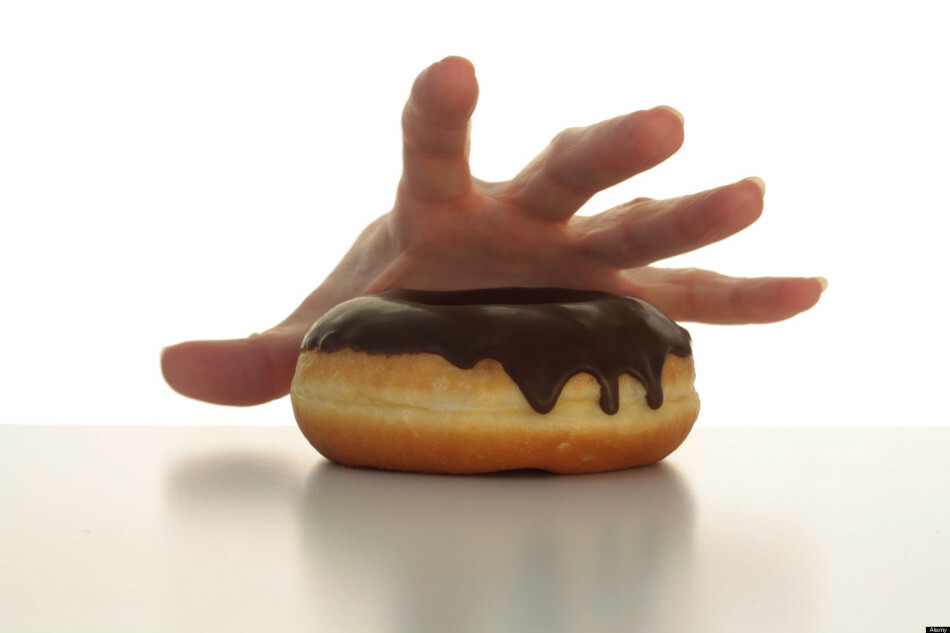
Compulsive overeating occurs when there is stress and want to seize a bad mood. But this consolation takes a short time. Reality comes back together with self-hatred and regret about what is happening.
The more common signs of compulsive overeating, the more you want to eat. This all turns into a vicious circle, which is difficult to break independently.
Drug treatment for compulsive overeating

- After a certain examination, the doctor prescribes medication for compulsive overeating. Drug treatment can be prescribed and at the request of the patient
- . First and foremost, antidepressants are prescribed. It is considered ineffective to take drugs that depress the appetite. They can recommend only questionable sources
- The doctor will prescribe medications for the treatment of concomitant diseases - diabetes, high blood pressure. Specialist recommends drugs taking into account the general condition of a person and the presence of pathologies
- If there is obesity, then the doctor prescribes treatment to eliminate this ailment. Conducted conversations on proper nutrition, the patient's lifestyle is revised, and individual sports loads are selected.
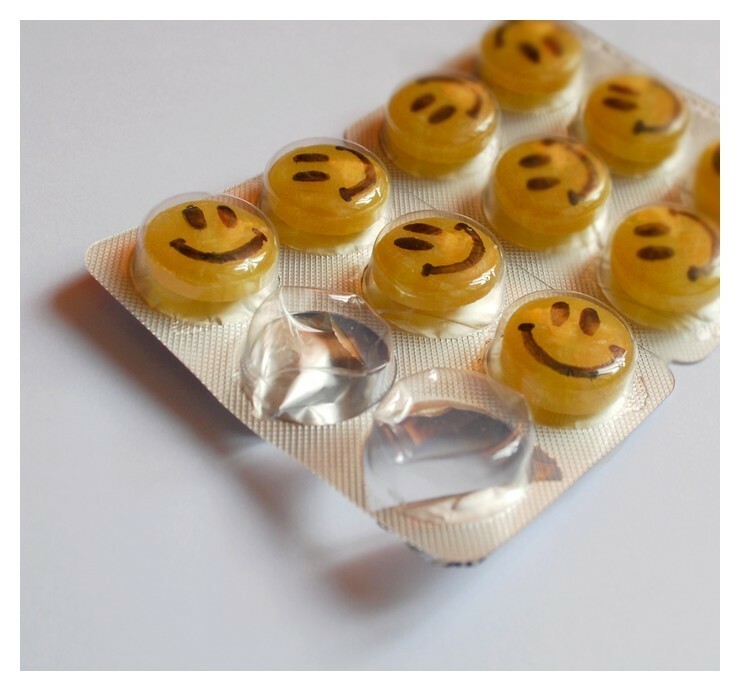
. As ancillary methods, liposuction or an operation to reduce the volume of the stomach can be performed. However, without getting rid of psychological problems, the effect will come only for a short period of time.
Psychotherapy with compulsive overeating
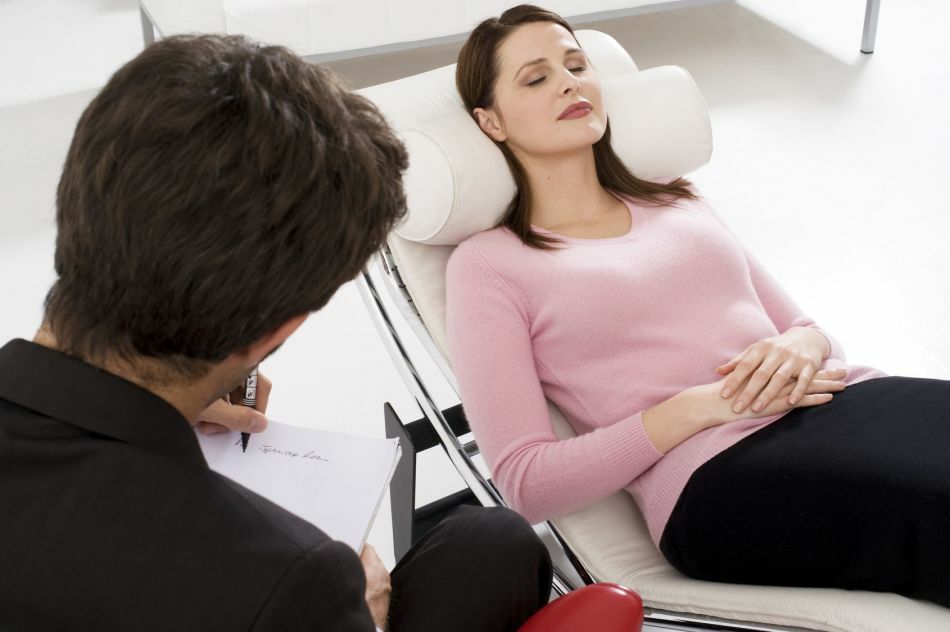
Diseases associated with eating behavior are successfully treated with psychotherapy. Combating the habit of overeating, replacing bad habits with healthy ones, controlling emotions and moods, acquiring certain skills in managing stressful situations.
To all these aspects, a person can be prompted by psychotherapy with compulsive overeating. Three types of psychotherapeutic treatment are used: behavioral, cognitive psychotherapy, deep hypnosis with suggestion.
How to treat compulsive overeating yourself?

The main emphasis should be on your psyche. It is necessary to get rid of daily stresses and depression.
Tip: Learn to control your appetite.
This is difficult to do on its own and therefore many people make mistakes. If there is no time to go to the doctor or do not want to do it, then the question arises, how to treat compulsive overeating yourself? Success will certainly be, if you do not make such mistakes:
- compliance with a rigid diet. This is contraindicated, since the restriction will lead to a breakdown, and the symptoms will return again

Tip: Avoid diets, but watch for food. Eat more vegetable salads and eat every 2 hours, but in small portions.
- purchasing a large amount of food and keeping her house
Tip: Protect your body from the distance from food. It is better to go once again to the supermarket than to slaughter the refrigerator with food. Put in a purse a limited amount of money so as not to gain superfluous food. If there is such an opportunity, then let one of the relatives go to the store for food.
- achieving a quick effect

Tip: If you want to get rid of compulsive overeating, then tune in for a long treatment. During this time, thinking, attitude to food should change. Realize that people need food to maintain health, and not to eat stress.
Diet with compulsive overeating. Can I diet on an eating disorder?
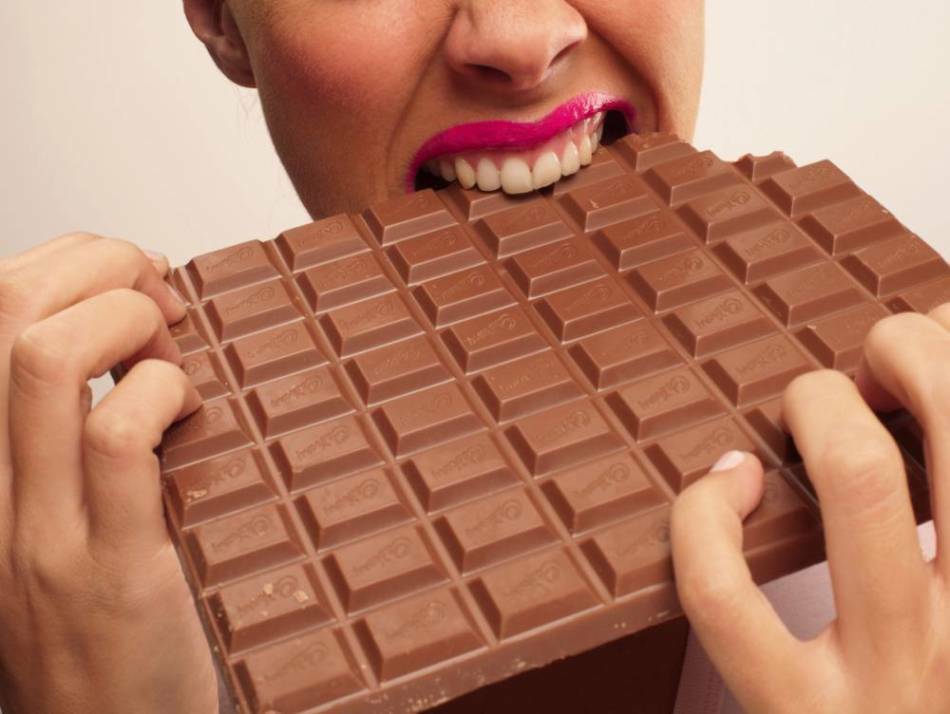
As mentioned above, any diet with compulsive overeating causes great damage to the body.
Important: Eat right. Three times - breakfast, lunch and dinner - the main meals, the rest - snacks( fruit, unsweetened yogurt).
Our body is designed so that the pancreas, liver, stomach and other digestive organs work when we eat. If you go on a diet and go hungry, then the body will have stress, and it will begin to accumulate fat until better times. Therefore it is unacceptable to sit on a diet, especially with an eating disorder.
What is neurogenic bulimia?

Bulimia or the exact name "neurogenic bulimia" is an eating disorder that is characterized by a recurrence in a cyclic mode of compulsive overeating. A person with this diagnosis experiences an uncontrollable appetite.
The patient can induce vomiting, relieve the gastrointestinal tract with laxatives or enemas, use diuretics to stimulate defecation, urination and other processes.
People suffering from this disease can exhaust their body with these processes, adding exhausting physical exertion to compensate for permanent overeating. Bulimics can expose their bodies to prolonged hunger strikes, which, they believe, are compensation for gluttony.
Consequences of neurogenic bulimia
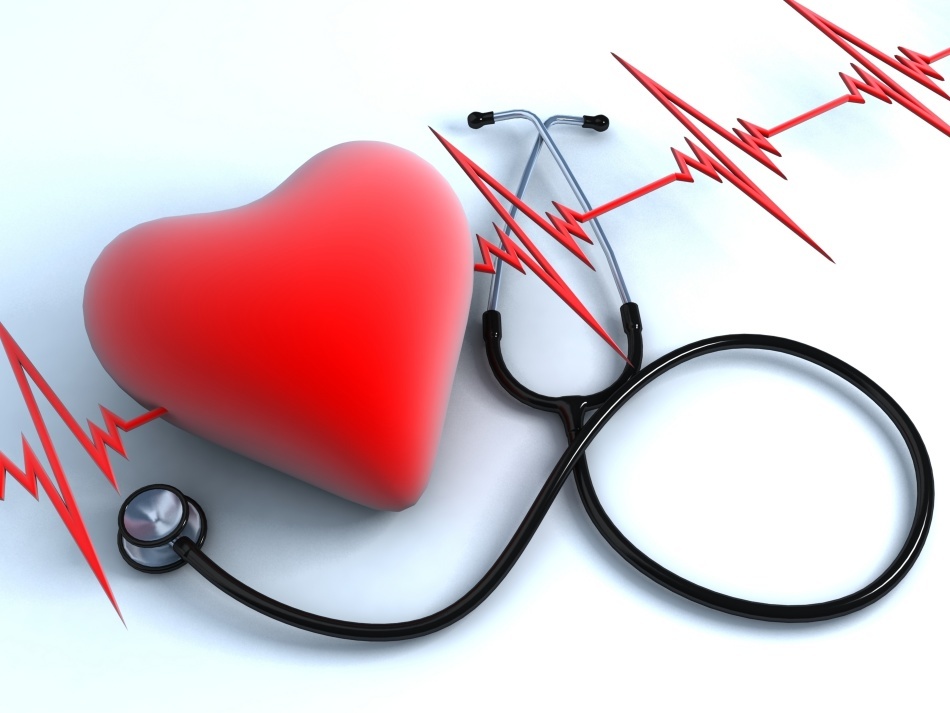
All manifestations of this disease have their consequences, serious physical problems for the body. These include:
- damage to tooth enamel caused by the constant exposure to gastric juice
- damage to the gastric mucosa
- cardiac and vascular pathology
- gastric hemorrhage in the throat
- problems with the vocal cords
- eye and skin diseases
- hair loss
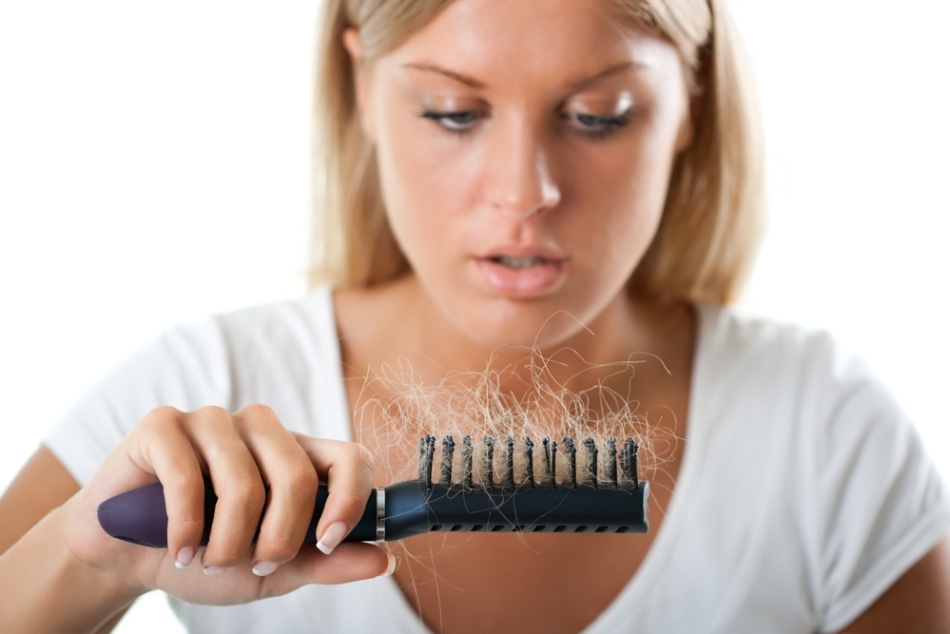
Often peoplebegin to fight the consequences of neurogenic bulimia, but it is important to get rid of the underlying disease and the causes that cause it. Bulimik can independently and not go to the doctor, because such a disease is a dependence that is along with alcohol or drug addiction. A person may not realize that he is sick, so he needs to help.
Important: The biases and instructions of relatives will not help. It is necessary to consult a specialist who correctly diagnoses and prescribes a treatment correctly selected for a particular patient.
Bulimia can lead to anorexia?

In patients with bulimia and anorexia, controlling their weight becomes an important life goal. This is a threatening way to solve your problems. Bulimia can lead to anorexia, if not to conduct professional treatment of this disease.
Bulimic often sits on debilitating diets and this will ultimately lead to severe anorexia, even with a fatal outcome. Just like bulimia can lead to anorexia, and anorexia can lead to bulimia if you do not take the necessary measures to recover.
Important: Do not self-medicate! Address to the expert, after all only the professional can find the true reason of disease and for ever relieve from it the person.
How to eat with bulimia? Intuitive nutrition and bulimia

Learning to eat right is much more difficult than starving or overeating. Do not get hung up on food, and wonder how to eat with bulimia. The food should be approximated to the physiologically adequate, that is, how much energy a person spends, so much it should replenish with food.
Tip: Try to slightly reduce the calorie content of your food first - 100-200 kcal. There will be a weight correction, but you will not be hungry, and you will not fall for a new dose of gluttony.
Important for a person will be the introduction of intuitive nutrition with bulimia. Earlier, when we were babies, no one taught us how to eat. The child eats when there is a physiological need in it. He is as much as he needs.
Later moms, dads, grandfathers and grandmothers instill their food culture into their baby, but this is not right. This second stage of dating a person with food provides for dense dinners, grandmother's pies and lots of sweets. But the most correct was the first stage - intuitive, after birth. This is the most true and true correct food!

Then a man grows up and understands that he can afford to buy everything - any food. Beginning with friends and festive feasts. All this leads to problems with digestion, and there are eating disorders. Therefore it is important to eat at the level of intuition. You need to eat if there is a real feeling of hunger.
Important: Eat enough food to satisfy your hunger a little, and not fill your stomach until the pain or pain occurs.
How to treat compulsive overeating: advice and feedback
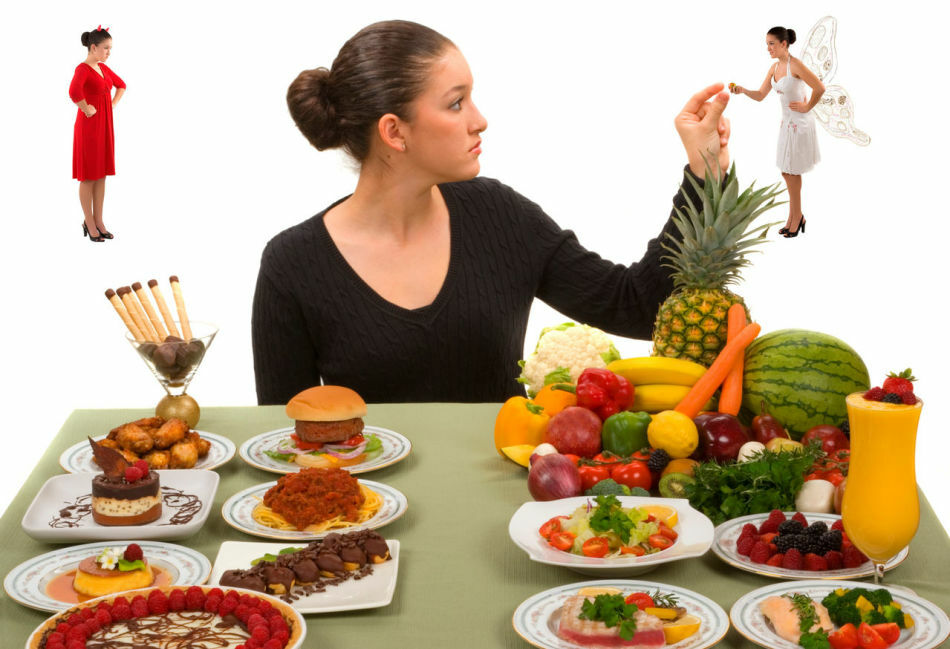
Almost everyone likes to excessively eat food in large quantities. This harmless habit leads to problems, which then can not be got rid of. Many people are wondering how to treat compulsive overeating?
Someone finds salvation from a therapist or hypnologist who gives the right settings. Others try to change something in their own head, getting rid of stress and depression, returning to normal life. Everyone finds their own way!
Advice from people who have been through this and their feedback on this or that type of treatment will help to avoid negative consequences for the body and help yourself.
Tip: Stop eating on diets and do not think about eating. Do not blame yourself after gluttony.
Important: In the first six months of treatment, disruptions are considered normal, then they disappear completely.
Tip: Get rid of the desire to lose weight, you want to recover! Take antidepressants prescribed by your doctor to calm down. Get enough sleep, and less stress.
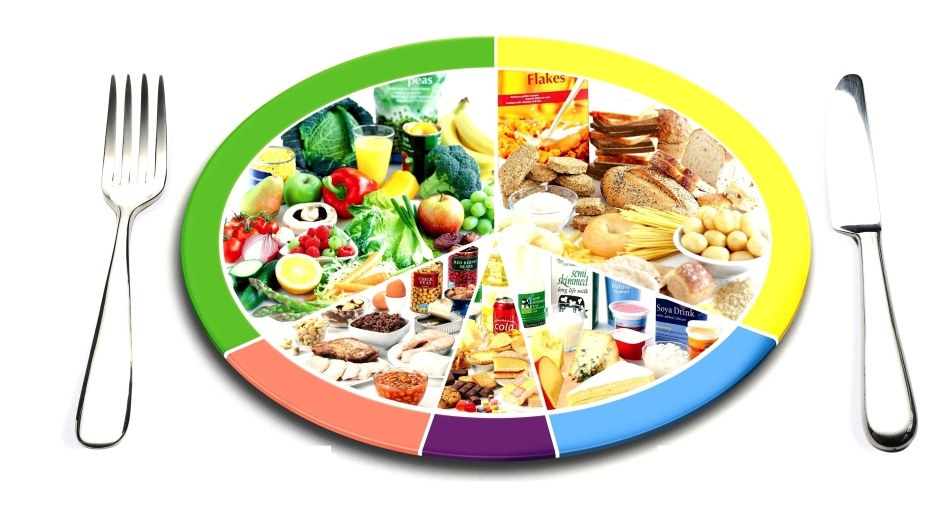
Tip: Eat properly, in small portions - not more than a handful. Eliminate sweet, spices, smoked foods and salt. Do not force yourself to drink green tea - drink purified water. Add walking or easy running in the morning. In a month, start running in the stadium.
There is a well-known statement: "One must eat to live, and not live in order to eat."Remember this and everything will be fine!
